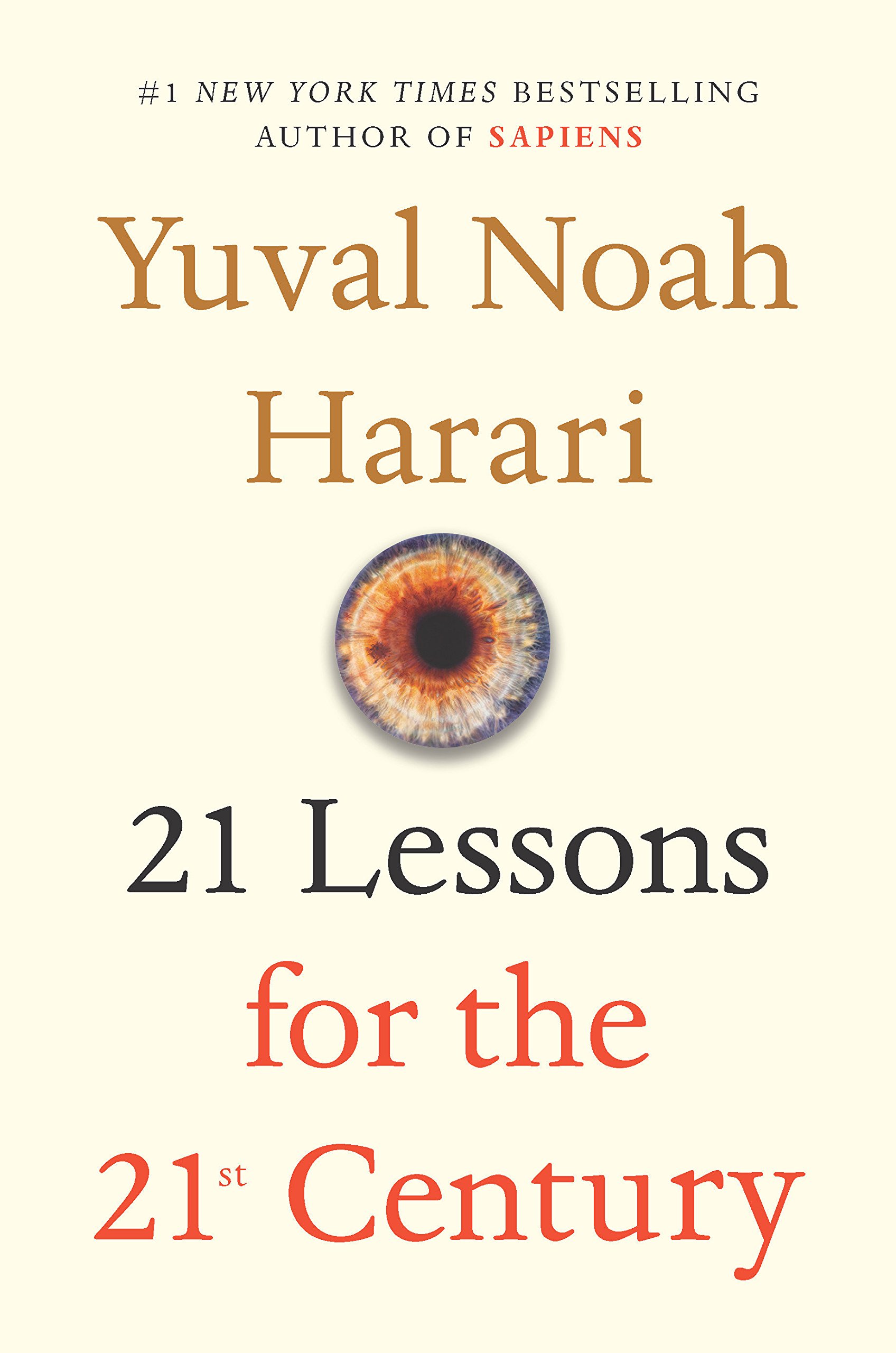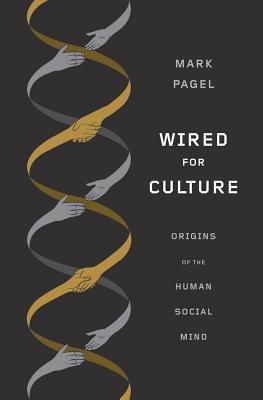
Nexus: A Brief History of Information Networks from the Stone Age to AI
Book Description
From ancient cave drawings to the sprawling web of the digital age, the story of information networks is a pulse-racing journey through humanity's greatest triumphs and darkest failures. Yuval Noah Harari unveils how communication has shaped civilizations, fueling revolutions, igniting conflicts, and enabling unprecedented connections. Each transformation carries profound implications for society, politics, and our very identities. As the lines blur between human and artificial intelligence, the stakes have never been higher. What does the future hold when information becomes the ultimate weapon?
Quick Book Summary
"Nexus: A Brief History of Information Networks from the Stone Age to AI" offers a sweeping narrative of how information flows have shaped human civilization. Harari traces the origins of communication, from cave paintings and oral traditions to the written word, telegraph, and the modern internet. Each leap in connectivity has fundamentally altered societies, enabling cooperation on grand scales but also fueling conflict and propaganda. Harari explores how these networks affect power structures, drive revolutions, and reshape identities. As artificial intelligence rapidly advances, he delves into the ethical and philosophical dilemmas we now face: who controls information, what is truth, and how should society adapt? This insightful work challenges us to rethink our relationship with information and to prepare for a future where networks—and the data within them—are more influential than ever.
Summary of Key Ideas
Table of Contents
The Evolution of Human Communication
Humanity's journey with information networks begins with early forms of symbolic communication, such as cave art and the emergence of language. These nascent methods allowed small groups to coordinate, share stories, and transmit skills. With the advent of writing, civilizations could store and retrieve knowledge across generations, supporting the growth of bureaucracies, religions, and empires. The printing press marked another revolution, democratizing knowledge and setting the stage for scientific, political, and social transformations.
Networks as Engines of Power and Social Change
Information networks do more than merely transmit data; they are entrenched in power structures. Harari explains how rulers, from pharaohs to presidents, leveraged messaging systems—from royal edicts to mass media—to maintain authority, propagate ideologies, and mobilize resources. The rise of new technologies, from telegraphs to social media, empowers grassroots movements as much as it aids centralized control, making networks catalysts for both rebellion and repression.
The Double-Edged Sword of Information Connectivity
The impact of expanding connectivity is profound and paradoxical. Networks can enable unprecedented cooperation, spark scientific breakthroughs, and build bridges between distant cultures. Yet, they also create opportunities for misinformation, surveillance, and manipulation. Harari highlights moments in history—propaganda campaigns, viral hoaxes, and digital echo chambers—that illustrate how the democratization of information can both enrich and endanger societies.
Identity, Truth, and Manipulation in the Information Age
In our hyper-connected era, questions of identity and truth become central. Networks shape not just how information flows, but what we believe to be real. Harari explores how digital footprints, social platforms, and network algorithms craft realities, influence opinions, and erode traditional sources of authority. This shifting landscape makes distinguishing fact from fiction increasingly difficult, affecting politics, culture, and personal self-understanding.
The Future of Networks: Artificial Intelligence and Ethical Challenges
Looking ahead, Harari tackles the seismic challenges posed by artificial intelligence and big data as networks evolve further. He raises critical ethical questions: Who owns the networks and the data passing through them? How do we safeguard privacy or autonomy when algorithms outpace human comprehension? As the line blurs between human and artificial intelligence, Harari urges proactive debate and thoughtful governance to ensure that information networks best serve collective human interests in a rapidly transforming world.
Download This Summary
Get a free PDF of this summary instantly — no email required.





